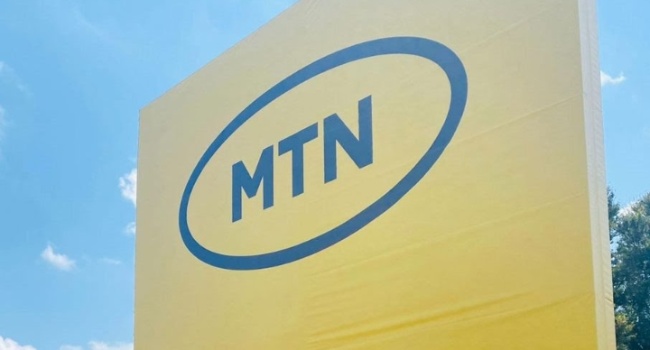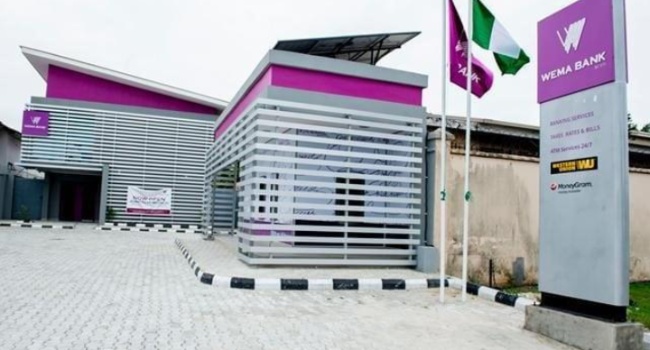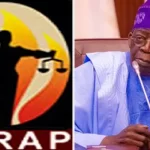The Socio-Economic Rights and Accountability Project (SERAP), has strongly criticised the 36 state governors’ refusal to implement a N60,000 minimum wage for civil servants.
This condemnation, follows the governors’ statement, under the Nigerian Governors Forum (NGF), that the proposed wage is unsustainable.
Join our WhatsApp ChannelSERAP, in a statement, urged the governors to redirect funds currently spent on life pensions for ex-governors and “security votes” towards paying a realistic living wage. “It’s time for the governors to prioritise the welfare of the Nigerian workers,” SERAP stated. “Instead of extravagant spending on non-essentials, they should focus on ensuring that workers are paid a decent wage.”
Halimah Salihu-Ahmed, the spokesperson for the NGF, conveyed the governors’ stance, claiming that the proposed N60,000 minimum wage “cannot fly” due to financial constraints. “If this wage is approved, many states will exhaust their allocations on salaries alone, leaving no funds for developmental projects,” she explained.
READ ALSO: Moghalu Recommends N100,000 Minimum Wage
The disagreement over the minimum wage, has escalated as the Nigeria Labour Congress (NLC) and the Trade Union Congress (TUC), continue to push for higher wages. A recent meeting held at the office of the Secretary to the Government of the Federation (SGF), George Akume, saw the Federal Government signing an agreement with Joe Ajaero of the NLC and Festus Osifo of the TUC. This agreement, which promises a wage higher than N60,000, led to a five-day suspension of a nationwide strike that began on June 3.
In response to the governors’ claims, SERAP pointed out that the funds allocated to ex-governors’ pensions and “security votes” could be better utilised. “Nigerians deserve better. The governors must look into their budgets and cut unnecessary expenses,” SERAP argued. “The well-being of workers should be a priority.”
The Federal Government’s current offer, stands at N62,000 for the new national minimum wage, while the organised labour groups have adjusted their demand from N494,000 to N250,000. This adjustment comes, as the deadline for resuming the strike approaches.
Joe Ajaero of the NLC emphasised the importance of the minimum wage for workers. “The N60,000 minimum wage is a necessity, not a luxury,” he said. “Workers are struggling to survive on the current wages. The government must act now.”
Festus Osifo of the TUC echoed this sentiment, stressing the need for a fair wage. “We are not asking for the impossible. We want a wage that reflects the current economic realities,” he stated.
The situation remains tense as both sides stand firm in their positions. The governors insist that their financial limitations prevent them from agreeing to the proposed wage, while labour unions demand a living wage that meets the needs of workers.
As the deadline for the resumption of the strike looms, the Federal Government, labour unions, and state governors must find a resolution. The ongoing debate over the minimum wage highlights the broader issue of financial management and priorities within state budgets.
SERAP’s call for a reallocation of funds underscores the need for transparency and accountability in governance. The organisation’s advocacy for a fair wage reflects a growing demand for economic justice for Nigerian workers.
The outcome of this dispute will significantly impact the lives of millions of workers across the country. The resolution of the minimum wage issue is not just about numbers; it is about ensuring that workers receive fair compensation for their hard work. The nation watches as negotiations continue, hoping for a fair and just outcome.
Emmanuel Ochayi is a journalist. He is a graduate of the University of Lagos, School of first choice and the nations pride. Emmanuel is keen on exploring writing angles in different areas, including Business, climate change, politics, Education, and others.
- Emmanuel Ochayihttps://www.primebusiness.africa/author/ochayi/
- Emmanuel Ochayihttps://www.primebusiness.africa/author/ochayi/
- Emmanuel Ochayihttps://www.primebusiness.africa/author/ochayi/
- Emmanuel Ochayihttps://www.primebusiness.africa/author/ochayi/




















Follow Us